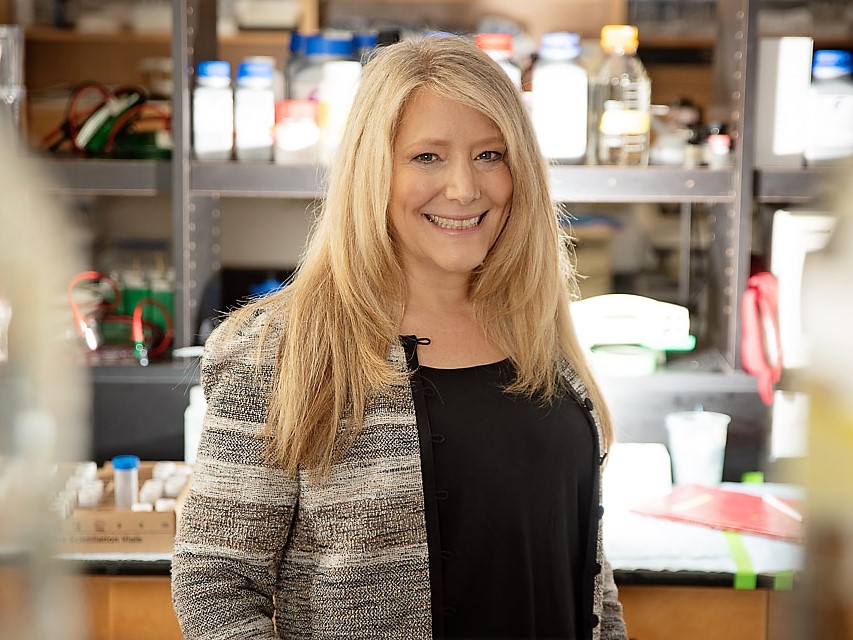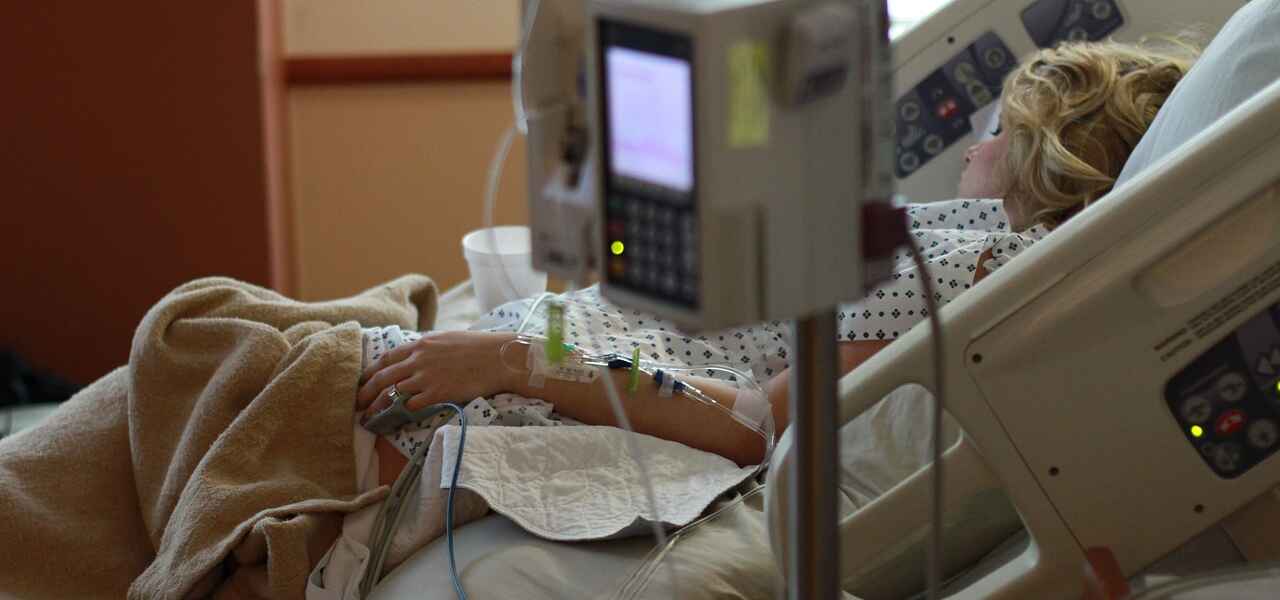Plenty of patients have had a doctor tell them to get some rest. But what does that mean? In what Dr. Tami Martino calls the beginnings of a brand-new research field, University of Guelph researchers are discovering how rest works to help the body heal from heart disease.
Beyond heart patients, she says her lab’s pioneering rest model can also be used to learn how rest may benefit patients recuperating from numerous serious ailments, including cancer, infectious diseases, strokes, injuries and neurological problems.
“Our findings implicate rest as a key driver of physiology, opening an entirely new field – the science of rest – and show how to harness it for living longer and healthier lives,” said Martino, a professor in the Department of Biomedical Sciences at the Ontario Veterinary College and director of the cross-campus Centre for Cardiovascular Investigations.
“A little bit of morning rest when healing is a good thing, especially for recovering from heart disease,” she said, noting that heart disease is a leading cause of death worldwide.
Martino, PhD student Cristine Reitz and other U of G researchers published their results from mouse model studies in the journal JCI Insight.
Focus on body benefits of rest for heart patients

An expert in circadian medicine based on the body clock, Martino stresses that the new study focused on the body rather than the brain.
That means the study is not about sleep, she said.
“There’s no ‘sleep’ in your heart or other body organs. Sleep is in the brain, but rest is in the body. And, remarkably, there is no scientific field studying rest: We don’t even how it works. That is what this research creates.”
To study rest, the team created a novel mouse model that briefly extends the morning rest period. They showed this period benefits healing in two cardiovascular conditions: cardiac hypertrophy (enlarged hearts) or heart attack.
The results were clear, she said.
Briefly extending the daily rest period is critical in triggering cardiac benefits, said Martino. In mice with cardiac hypertrophy, it protects against the development of heart enlargement. After heart attacks, rest helps in cardiac repair to improve long-term outcomes.
Study found how rest benefits heart disease outcomes
Rest lowers blood pressure and heart rate to benefit cardiac physiology, said Martino.
At the cellular level, rest preserves heart muscle function and acts in disease-specific ways to prevent progression to heart failure. Looking closer at the molecular level, the team discovered “rest genes” triggered by the brief rest period that correlated with improved healing.
Many of these genes are biomarkers of human heart disease, which helps explain why the heart benefits from their activation, said Martino: “By resting, you benefit from genes important for cardiac repair.”
Take your heart meds – and rest your body, says researcher
Looking at common heart drugs, the team found many bestselling and often-prescribed heart medications target rest-responsive genes. “That leads us to speculate that we can improve drug efficacy along with an additional brief period of daily rest,” Martino said.
Her earlier circadian research was the first to show the benefits from “time-of-day” dosing of medications, or chronotherapy, on cardiac repair by taking some heart medicines before bed rather than in the morning.
She said that nighttime dosing of long-acting or delayed-release medications that target physiological and molecular rest pathways may help provide the benefits of rest and better recovery in the first few days after a heart attack. “This will delay the morning rise in heart rate and blood pressure to help heart patients rest,” Martino said.
She said this study is the first to create an experimental model of rest and to use multiple approaches to reveal how rest helps the body. “It opens an entirely new human health field and shows how to harness it for patient healing and for living longer and healthier lives.”
Noting that doctors encourage patients to rest for healing, she said, “rest is a common human activity, and it’s remarkable that we don’t even know how it works.”
She hopes this preclinical study will stimulate advances in rest-based therapies for cardiac patients and basic research on the benefits of rest for major clinical conditions.
Her research is funded by the Canadian Institutes of Health Research and the Heart and Stroke Foundation.
Contact:
Dr. Tami Martino
tmartino@uoguelph.ca
